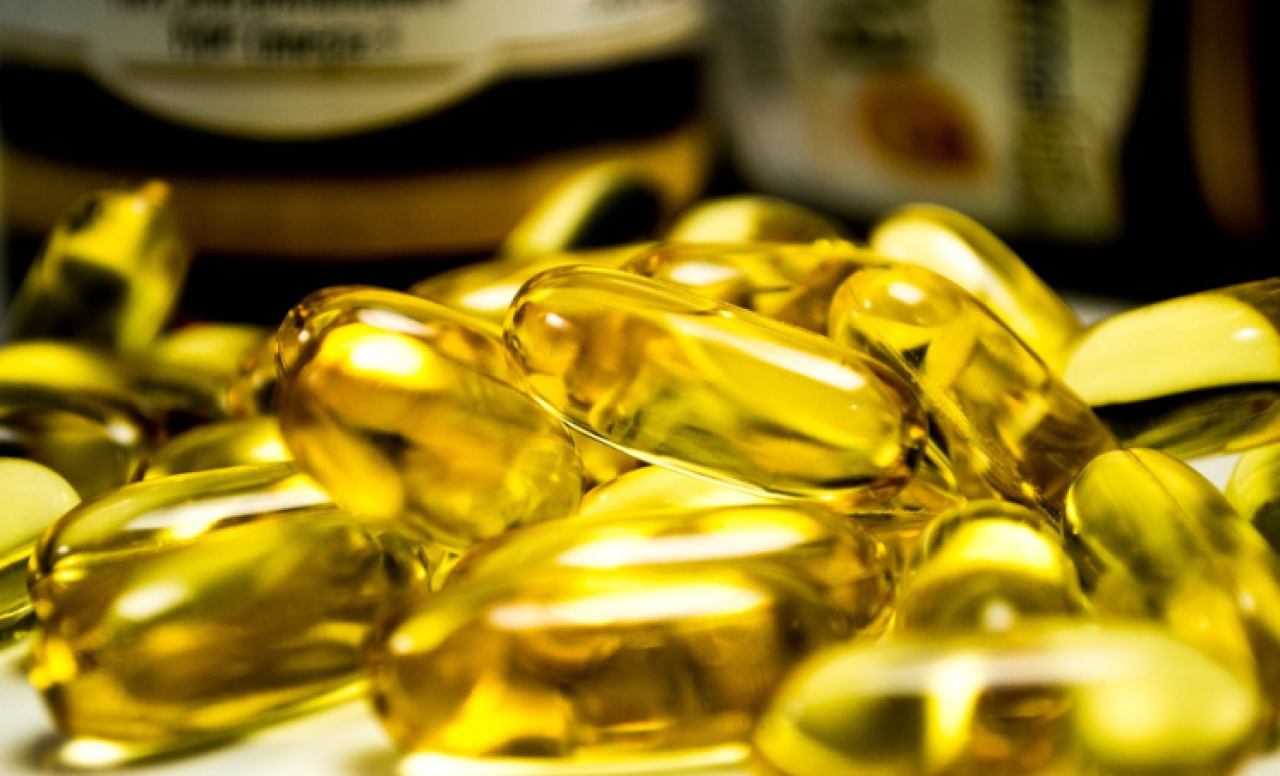But is it just a fad, or does it pack a punch worth noting? Let's unravel the mystery.
1. Understanding Krill Oil: Beyond the Basics
When we think of what krill oil really is, we're essentially diving deep into icy Antarctic waters where tiny shrimp-like creatures, krill, thrive. They're not just an essential part of the marine food chain but also a treasure trove of omega-3 fatty acids, phospholipids, and astaxanthin, a powerful antioxidant that lends the oil its distinctive red hue.
2. Why Krill Oil? The Multifaceted Benefits
Heart, Brain, and Joint Health: The primary question, what is krill oil good for, has a multifaceted answer. Rich in omega-3s, it supports cardiovascular health, cognitive function, and joint flexibility.
A Boon for the Skin: Ever wondered what krill oil does for the skin? Its inherent anti-inflammatory properties can reduce redness, combat dryness, and boost the skin's natural glow.
Omega-3 & Mood Support: The discussion about what omega-3 krill oil is used for often leans towards mental well-being. There's growing interest in how these fatty acids can alleviate mood disorders. So, how much krill oil should one take for depression? While there isn't a one-size-fits-all answer, consulting a healthcare provider can offer tailored guidance.
Brand Spotlight: Enter any wellness store, and you'll likely spot mega red krill oil or megared omega-3 krill oil. These brands have carved a niche for themselves by emphasizing the purity and potency of their products.
3. The Nitty-Gritty: Dosage, DHA Content, and Storage
Determining Dosage: The inquiry about how much krill oil per day should be consumed is a valid one. While typical recommendations hover around 250-500mg daily, individual needs can vary, making a consultation with a healthcare professional crucial.
DHA: The Unsung Hero: Among the benefits of krill oil is its DHA content. While many are curious about how much DHA is in krill oil, it's essential to understand that, compared to fish oil, krill oil typically contains lesser DHA. However, its phospholipid structure might enhance absorption.
Storing Your Supplement: Given that krill oil is an investment in wellness, how to store krill oil capsules becomes crucial. Keeping them in a cool, dark place, preferably the fridge, ensures they remain fresh and effective.
4. Making the Right Choice: Sourcing and Purchasing
Why Source Matters: Not all krill oil is created equal. The waters from which krill are harvested and the extraction processes employed can influence the oil's quality.
Where to Buy Krill Oil? This brings us to the pivotal question. With myriad options available, sourcing from reputable sellers becomes paramount.
In Summary:
Krill oil, with its multi-pronged benefits, is much more than just a buzzword in the health community. From supporting heart, brain, and joint health to its advantages for the skin and mood, it's a comprehensive wellness package encapsulated in a tiny capsule.

For those in the UK keen on embarking on their krill oil journey, Nutrigold.co.uk offers the best blend of quality and efficacy. With a diverse range of products, the portal ensures that you're not just purchasing a supplement, but a commitment to optimal health. Their stringent quality checks, transparent sourcing, and emphasis on customer wellness make them a preferred choice for many.
So, if you're contemplating adding krill oil to your daily regimen, consider Nutrigold.co.uk as your trusted companion. Dive deep into wellness, one capsule at a time. Your health deserves nothing but the best, and with Nutrigold, that's precisely what you get.









